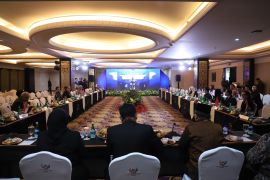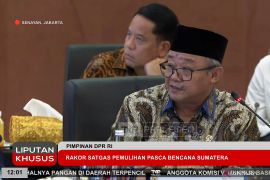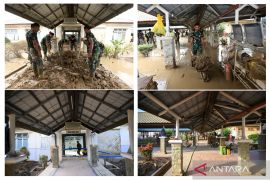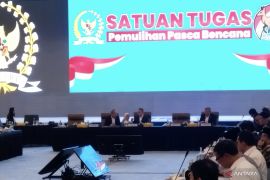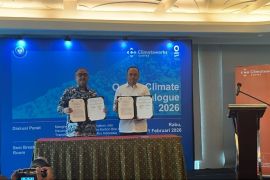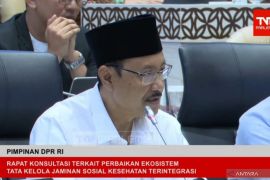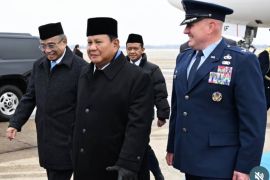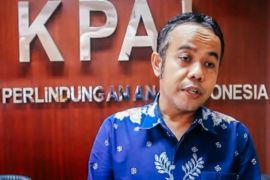"I fully support environmental initiatives that incorporate religious dialogue and promote religious diplomacy," Umar said, as quoted in a statement from the ministry received on Sunday.
He referred to diplomacy that uses interfaith dialogue to foster broader cooperation in environmental conservation, involving interfaith leaders who work together to align their views and encourage greater concern for environmental issues.
Umar stressed that religious values can be a powerful tool for diplomacy, helping to raise collective awareness and inspire concrete actions toward environmental sustainability.
He made this statement at the Bali Interfaith Movement summit, held in Bali on December 14-15.
The summit was organized by the Ministry of Religious Affairs, United in Diversity, and the GusDurian Network.
Alissa Wahid, the initiator of the Bali Interfaith Movement and Director of the GusDurian Network, noted that the Istiqlal Declaration serves as the guiding framework and spirit of the movement.
"The Istiqlal Declaration must continue to be promoted and inspire people worldwide," she said.
The Istiqlal Declaration is a joint statement by interfaith leaders in Indonesia, committing to strengthen tolerance, fight for social justice, and preserve the environment.
It addresses global and national challenges, including humanitarian crises, social injustice, and environmental degradation.
"All parties must be involved in addressing these issues. Officials from the Ministry of Religious Affairs and interfaith leaders must continue to champion and energize the spirit of the Istiqlal Declaration," she added.
Related news: Religious moderation effective in reducing interfaith conflicts: BRIN
Related news: Pope asks Indonesians to maintain harmony among religious communities
Translator: Tri A, Kenzu
Editor: Tia Mutiasari
Copyright © ANTARA 2024

